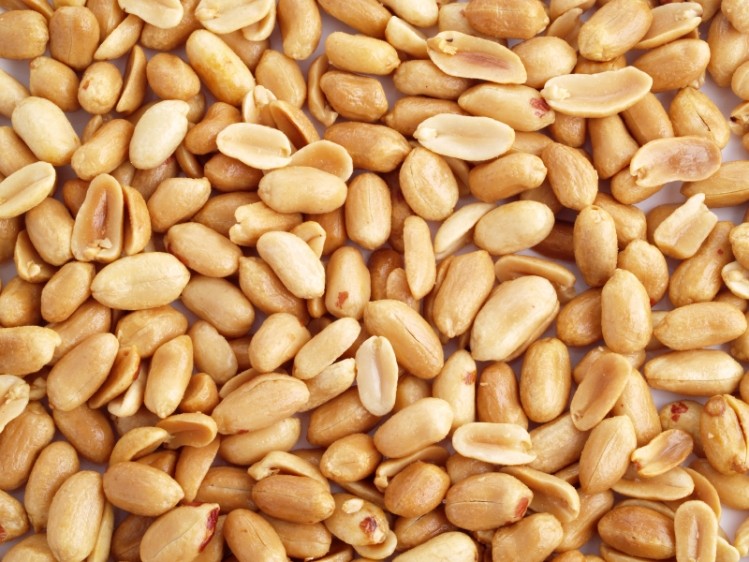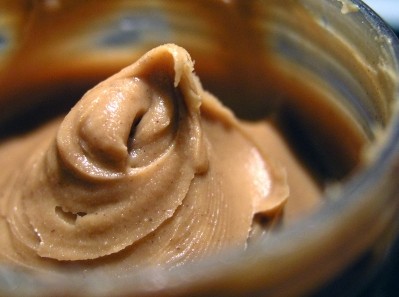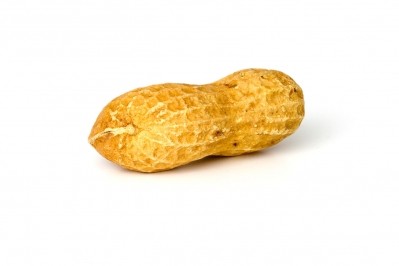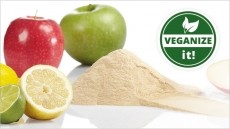Eating peanuts during infancy nutritionally safe for kids: Study

The findings build on previous results from the Learning Early About Peanut Allergy (LEAP) study that demonstrated early inclusion of peanut into the diet reduced later development of the allergy.
Published in 2015, the LEAP trial looked at 640 infants aged 4-11 months living in the United Kingdom.
Some of these infants were still breastfeeding and were given either 2 g of peanut protein daily or nothing at all. These regimens continued until they were 5-years-old.
Peanut consumption was monitored using a validated food frequency questionnaire (FFQ) at regular intervals.

In this follow-up, even when adjusting for maternal highest level of education, gestational age at birth, and ethnicity, the mean duration of breast-feeding was 4.7 months in the consumption group and 4.9 months in the avoidance group.
No difference was found in the duration of breastfeeding, thus “countering concerns that introduction of solid foods before six months of age could reduce breastfeeding duration," said Dr Mary Feeney, lead study author at King's College London.
Additionally, the study found there were no differences in weight, height, BMI, or other measurements (waist circumference, subscapular and triceps skin fold thickness) between the consumption and avoidance groups at any time during the study.
WHO is correct?

Findings from the LEAP study goes against current World Health Organisation (WHO) guidelines, which recommend that infants should be exclusively breast-fed for the first 6 months of life.
Previous research has found the mean age of introduction of peanut-containing foods in the UK is 36 months and only around 8% to 10% of infants eat peanut before age one year.
Previous studies have shown no adverse health consequences in countries such as Israel, where peanut is regularly consumed by infants and young children.
Epidemiological studies describe beneficial health effects of regular nut consumption in children and adolescents including a lower body mass index (BMI), a higher healthy eating index, and higher intakes of micronutrients.
Study strengths
The high study retention over five years (98%) was one of the main advantages of the study coupled with high observance to the randomised intervention (92%), and regular collection of peanut consumption.
“In addition, we show that infants and young children not only maintain energy balance in response to dietary manipulation but also regulate their protein intakes,” the study noted.
However the study noted that the LEAP nutritional results may not be generalisable to children in the general population who have less dietetic support with peanut consumption, less frequent monitoring of peanut intakes, and of growth and nutritional intakes during treatment.
Source: Journal of Allergy and Clinical Immunology
Published online ahead of print, doi.org/10.1016/j.jaci.2016.04.016
“Impact of peanut consumption in the LEAP Study: Feasibility, growth, and nutrition.”
Authors: Mary Feeney et al.
























